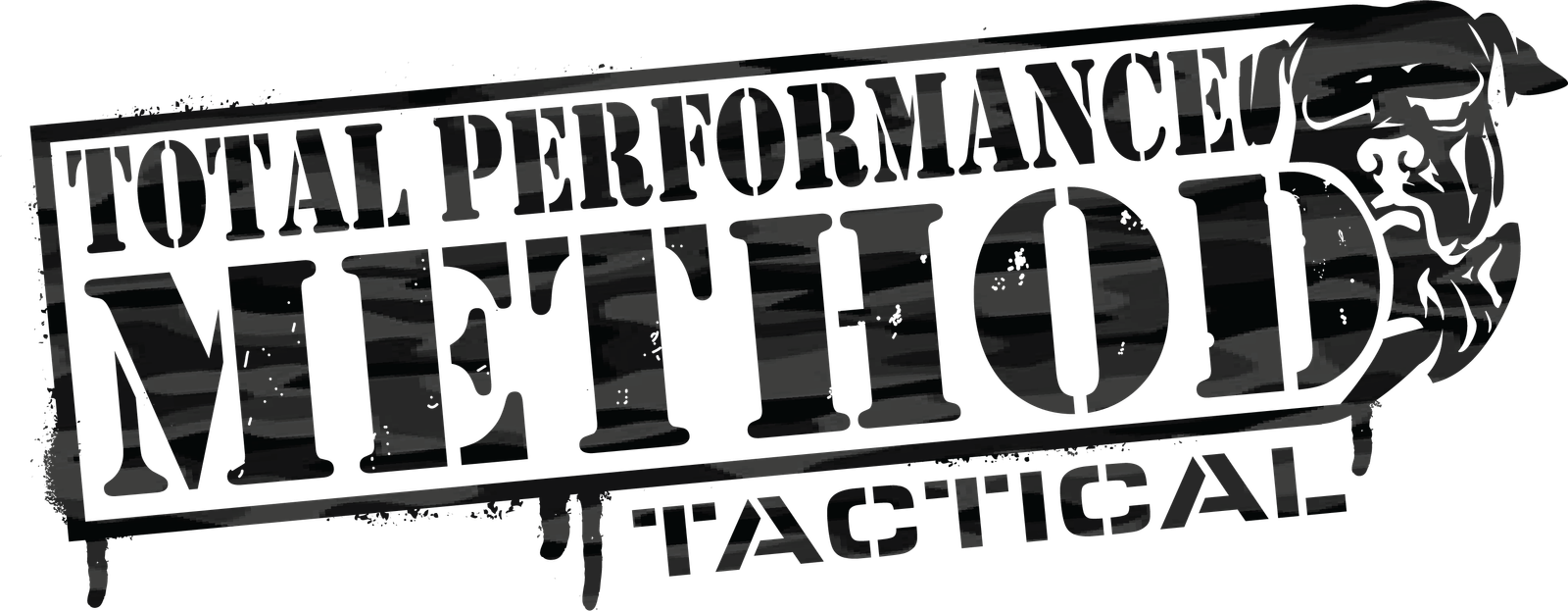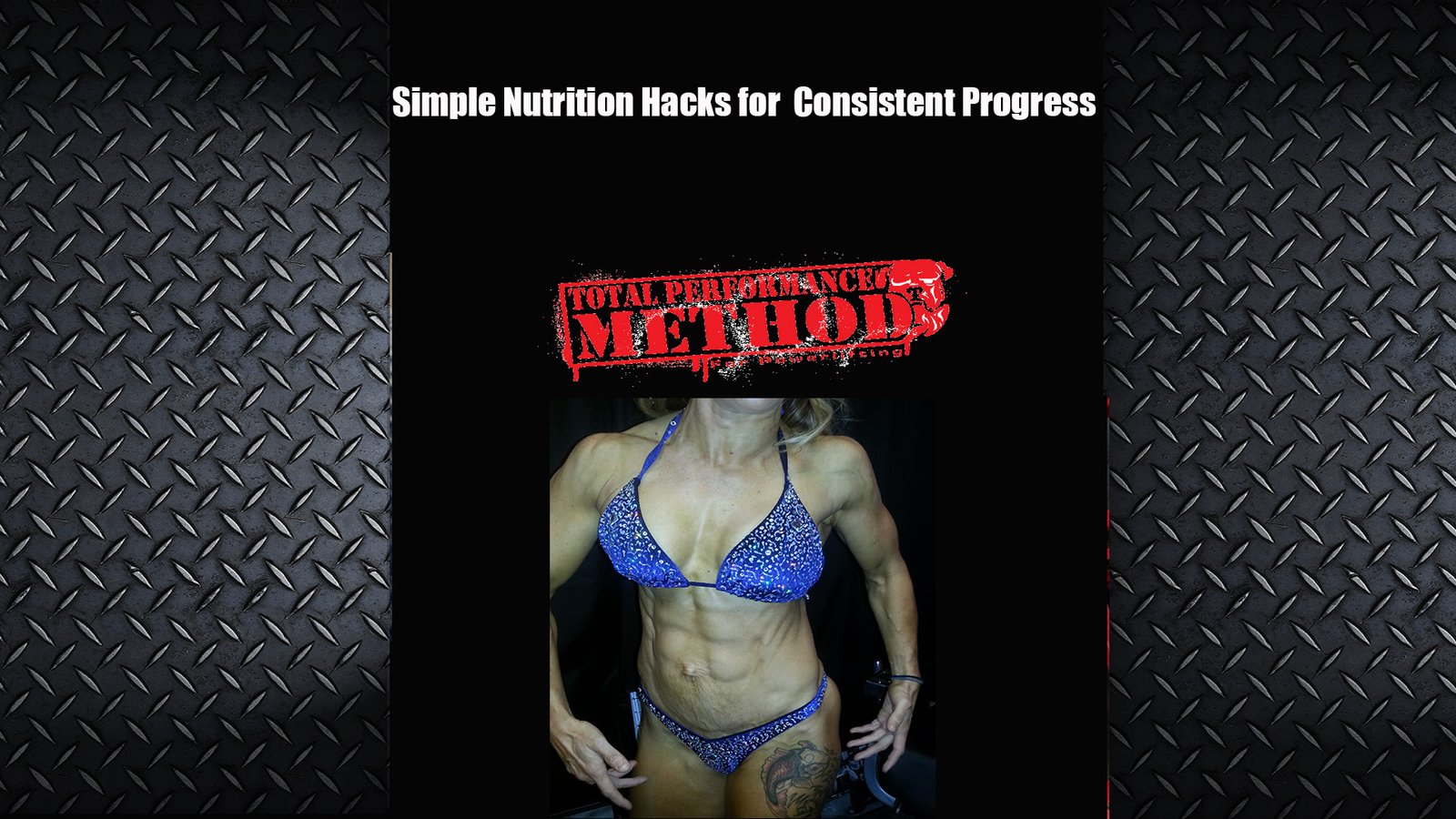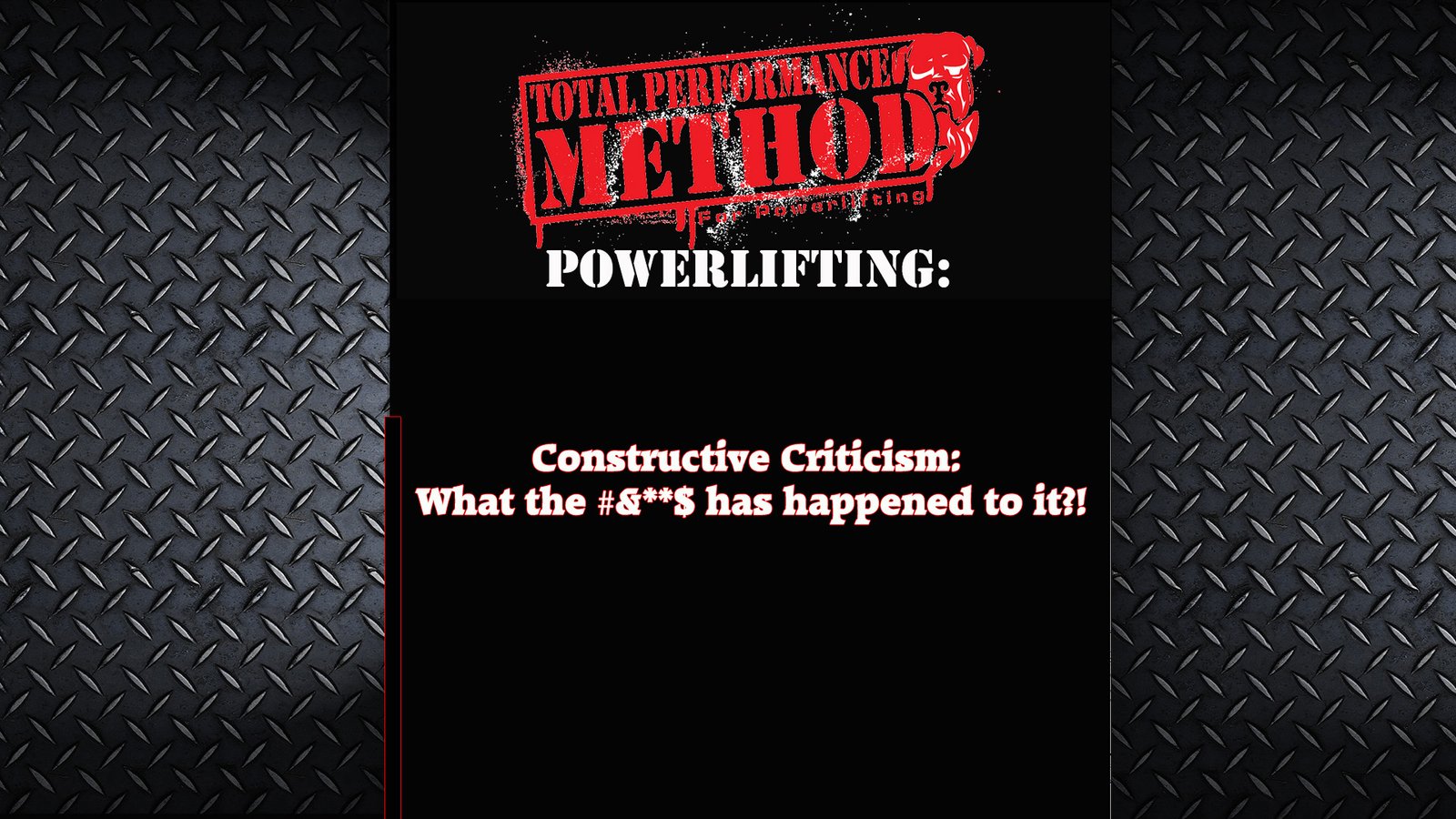If you’re someone who’s looking to shed a few pounds and get down to your goal weight, one thing that you might be questioning is what is more important – getting a good diet in order or performing some intense workout sessions.
While there’s no question that a combination of both will yield the best possible results, if you had to choose between one or the other, is one more important?
Let’s take a closer look at this factor so you can see for yourself what you must consider.
The Question of the Caloric Deficit
The first thing that you must take into account is what it is actually required to lose body fat. In order to successfully melt pounds of fat from your frame, you have to consume fewer calories than you burn (caloric deficit).
You can either achieve this by reducing your food intake on the diet side of things or increasing your caloric expenditure on the exercise side of things.
Now, when it comes to accomplishing this goal, diet tends to win out. You can easily create a 200-400 calorie deficit with your diet plan, but it would take exercising for 30-60 minutes to do the same.
Most people grossly overestimate just how many calories they burn during a workout and don’t realize how hard it is to create that deficit through activity alone.
Another factor to consider with exercise is the type of exercise you perform. Cardio-vascular training does little to boost your metabolism after you are done working out. Strength training on the other hand does quite a bit. Strength training raises your metabolism to a higher degree for a longer period of time post exercise. This means that your body will be in a caloric deficit longer, give that you don’t over eat. This makes strength training superior to cardio training for fat loss.
Maintaining Your Lean Muscle Mass and Metabolism
On the flip side of the coin, exercise is what will ensure that you maintain your lean muscle mass as you go about the fat loss process and it will also help to boost your metabolic rate.
A low calorie diet however can put you at risk for lean muscle mass loss and will naturally cause a slow-down to your metabolism.
So from a long-term point of view, exercise will yield weight loss that may be easier to keep off, provided you don’t eat back all the calories that you burn off.
If you are following a low calorie diet for a long time, it is a good idea to occasionally have a cheat meal or a cheat day. This will confuse your metabolism and keep it from slowing down. I suggest a cheat meal once a week for my nutrition clients.
Your Body’s Tolerance
Finally, the last thing that you must take note of when asking yourself which is better in terms of the overall fat loss results it will provide is what your body’s tolerance level is. Are you someone who can take exercising for high volumes each week?
Some people simply do not have the recovery capacity to do so and will find that they burnout very quickly.
Others will find that they can go on a low calorie diet without a problem as long as they aren’t exercising for hours on end.
It’s important that you take the time to learn your body and what it responds best to. This way, you can customize your approach to whatever is best for you. It is also a very good idea to vary the frequency/intensity and duration of your exercising. Don’t train all out for a long time. Build in periods of lower intensity training for a short time to aid I recovery. In strength training, we call this a deload period.
Now you have the main factors to take into account. Generally speaking it’s easier to create the calorie deficit for fat loss through a diet, but if you want to look good as you lose the weight, exercise is key. The best way is to create a caloric deficit through diet, increase your metabolism by training intensely (for you) with weights, and occasionally have a cheat meal. You should also build in a deload period to your workouts to aid recovery.







Leave A Comment